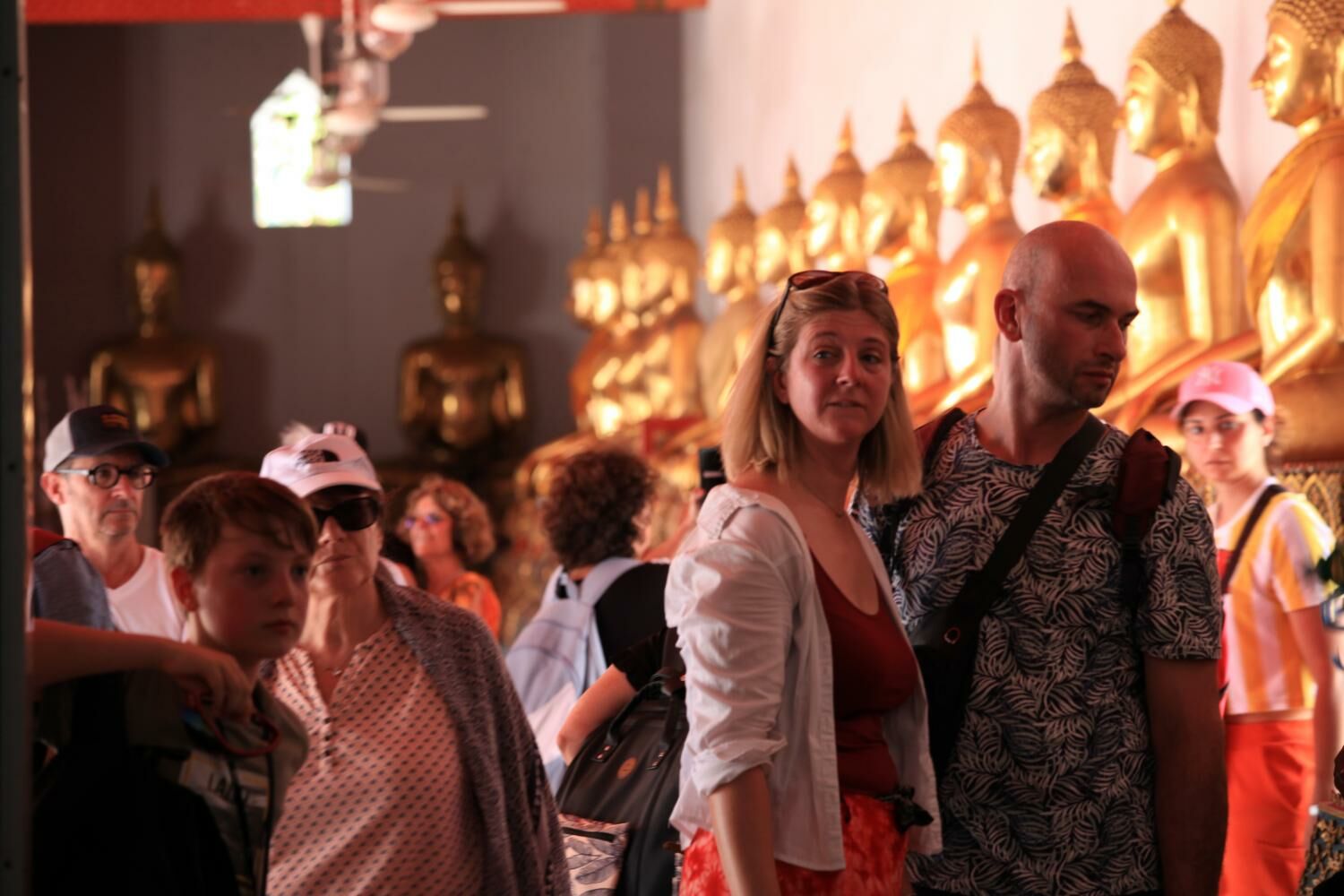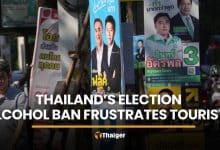New tax deductions approved to boost secondary city tourism

The Cabinet yesterday approved measures aimed at boosting tourism in secondary cities during the low season. Deputy Finance Minister Paopoom Rojanasakul announced that the new measures target both companies holding seminars and individuals travelling for leisure.
Companies can now deduct expenses from corporate income tax for seminar rooms, accommodation, transport, and other related costs for domestic seminars held for employees, or the service fees of tour operators for such seminars, from May 1 to November 30.
Expenses for seminars in secondary tourism provinces or designated tourist areas will receive a double deduction, while those in non-secondary areas will get a 1.5 times deduction. If a seminar spans both secondary and non-secondary cities, expenses must be separated; otherwise, a 1.5 times deduction applies.
Individuals travelling for leisure can deduct up to 15,000 baht (US$410) from their income tax for actual expenses paid to tour operators or for accommodation in hotels, Thai homestays, or non-hotel accommodations within secondary tourism provinces during the same period. Both measures require a full tax invoice in electronic form through the e-tax Invoice and e-receipt system.
These initiatives are designed to stimulate tourism in secondary cities and increase travel during the low season, according to Paopoom. However, he estimated that the measures could cost the government up to 1.78 billion baht (US$49 million) in tax revenue this year.
Chayabol Hirankanokkul, President of the Tourism Council of Phang Nga, expressed concerns about the selective approach. He noted that Phang Nga, not being listed as a secondary city, would miss out on the tax deduction benefits, despite the province earning only 50 billion baht (US$1.4 billion) in tourism revenue annually. He argued that the facilities in second-tier cities might not be sufficient to host large meeting and seminar groups.
Tax deduction
La-iad Bungsrithong, a board advisor for the Thai Hotels Association, added that promoting second-tier cities through tax deductions might not be enough to stimulate the overall tourism market, particularly the meetings, incentives, conventions, and exhibitions segment. She suggested that the government should encourage state authorities and large corporations to spend on meetings in any regional destination within the fiscal 2024, which ends in four months.
In a separate development, the prime minister directed the Finance Ministry to expedite the study of the entertainment complex project, including drafting the Entertainment Complex Act, which involves the construction of casinos.
Government spokesman Chai Wacharonke highlighted the potential economic impact, noting that the global business value of casino-based entertainment complexes reached US$1.5 trillion in 2022 and is expected to grow to US$2.2 trillion by 2028, reported Bangkok Post.
Macau, with a population of 690,000, leads the market, generating up to US$32 billion in revenue, followed by Las Vegas at US$30 billion and Singapore at US$12 billion. Chai stated that the establishment of an entertainment complex in Thailand could generate at least 12 billion baht (US$327 million) in tax revenue in the first year.
Latest Thailand News
Follow The Thaiger on Google News:


























